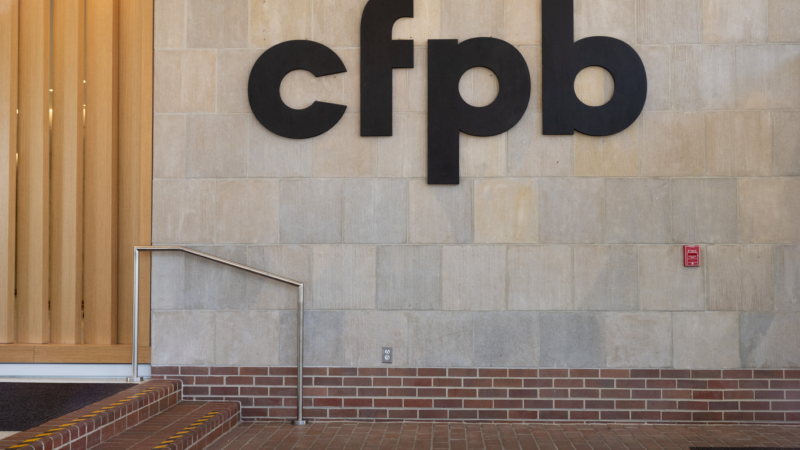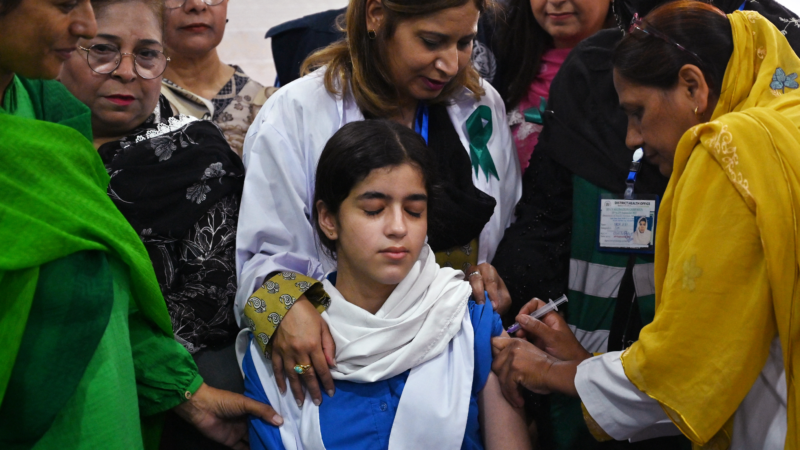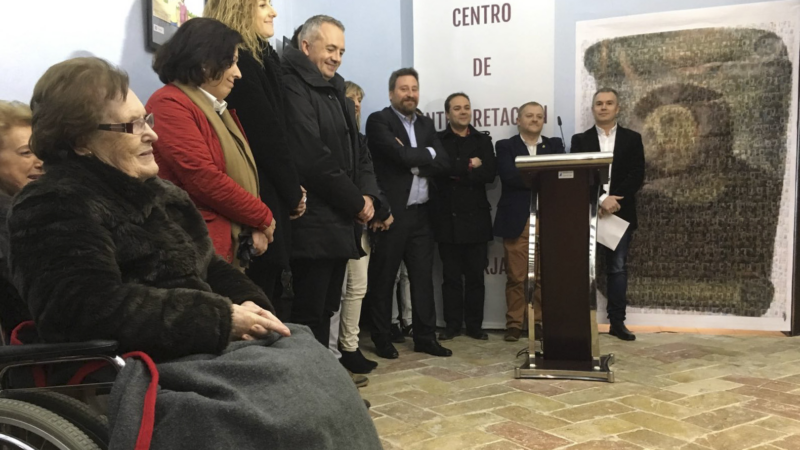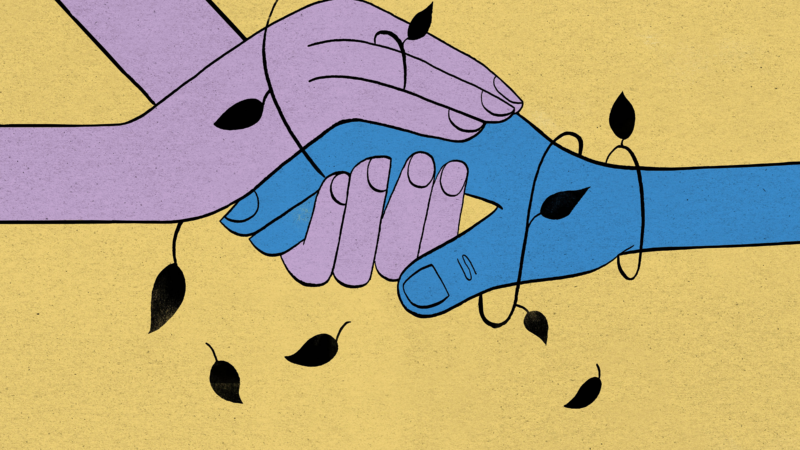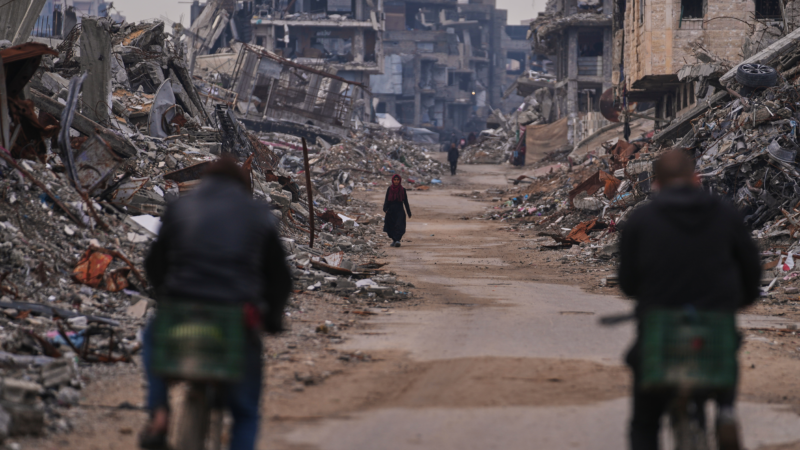10 Americans are freed by Venezuela in a prisoner swap for migrants in El Salvador
BOGOTÁ, Colombia — Venezuela has freed 10 Americans in exchange for Venezuelans whom the United States had sent to a prison in El Salvador, the U.S. and Salvadoran governments said Friday.
Venezuela also released an unspecified number of Venezuelan political prisoners as part of the deal.
Salvadoran President Nayib Bukele confirmed the exchange in a message on X, saying his government handed over Venezuelans accused of being part of a gang in exchange for “a considerable number of Venezuelan political prisoners” as well as Americans.
A social media account belonging to the State Department’s hostage affairs office posted a photo of the men it said were released from detention in Venezuela on a plane.
In a statement, Secretary of State Marco Rubio said the United States welcomed the release of 10 Americans and of Venezuelan political prisoners.
The governments did not name the people released.
A State Department official told NPR that the people freed from Venezuela included U.S. citizens and permanent residents who were designated as “wrongfully detained” less than a year ago. The official, who spoke on condition of anonymity because they weren’t authorized to speak publicly, said the list included Wilbert Joseph Castañeda and Lucas Hunter.
In March, the Trump administration sent about 250 Venezuelan migrants to El Salvador, whose government was paid to house them in a maximum security prison, known as CECOT.
The United States accused many of the men of being gang members and deported them under the Alien Enemies Act, which had not been invoked since World War II.
Lawyers for the Venezuelan deportees argue their transfer to El Salvador was illegal. Dozens of them were in the middle of asylum cases, and had been held in U.S. detention centers for months.
On Friday, Bukele published a video of men in handcuffs he said were being handed over to Venezuela, as they boarded a plane taking them to the South American country.
Later, Venezuelan news outlet TeleSur broadcast what it said was the arrival of a plane carrying a group of the Venezuelan migrants home.
Bukele said the prisoner swap was the result of “months of negotiations.” It was kept secret until Friday — and some of the relatives of the Venezuelan migrants say they found out about it on social media.
Gabriela Mora, whose husband Carlos Uzcategui was one of the men sent by the U.S. to El Salvador, tells NPR she was at an event at her daughter’s school in Venezuela when she learned about the news.
“This makes us very happy,” she told NPR by phone from Lobatera, a town in Venezuela’s Tachira state. “We have waited for this day for too long.”
Uzcategui, a coal miner from Tachira, entered the U.S. in December after he received an appointment, through the U.S. government’s CBP One app, to cross the border and make his case for asylum in the country.
He was then held in a detention center in Texas. U.S. immigration officials alleged that tattoos of crowns and stars on his chest were linked to the Tren de Aragua gang. Uzcategui’s family says he got the tattoos 15 years ago, before the gang had even been established.
“He is not a gang member,” Mora said in an interview in May. “Just a hard working man who wants to provide for his family.”
NPR’s Michele Kelemen contributed reporting from Washington, D.C.
Transcript:
AILSA CHANG, HOST:
The U.S. and Venezuela have carried out a major prisoner swap in the past few hours. More than 200 Venezuelans deported by the Trump administration in March and detained in El Salvador’s notorious mega-prison have been returned to their home country. In exchange, Venezuela has released 10 American prisoners. El Salvador’s president was the first to confirm the exchange in a post on X, saying that this was a deal that had been months in the making. Journalist Manuel Rueda has more details and joins us now. Welcome.
MANUEL RUEDA: Thank you.
CHANG: So this is a pretty large exchange. What more do we know about it?
RUEDA: Well, this has been in the works for months. The first one to propose it was the president of El Salvador, Nayib Bukele, back in April. He basically said that he would change all the Venezuelans who were held in El Salvador’s prisons for a group of Venezuelan political prisoners, as well as Americans and other foreigners detained in Venezuela.
Now, in the end, the deal seems to be only with Americans, not with citizens of other nationalities who are currently in prison in Venezuela. It was also delayed because the Venezuelan government got different offers from the State Department and from Richard Grenell, the U.S. special envoy for these kinds of issues. So that made it take longer, but it seems like the agreement has finally been made.
CHANG: OK, and do we know the identity of the American prisoners who were held in Venezuela?
RUEDA: So I don’t have a final list yet, but I do have some names. One of them, for example, is Lucas Hunter – is a dual French American citizen who was kite surfing in Colombia, near the border with Venezuela, and was apparently snatched there by Venezuelan agents. Another one is Wilbert Castaneda, who’s a former Navy SEAL. He was in Venezuela in September of last year with his girlfriend, who is from Venezuela. Apparently, they were on vacation. That’s what the family said. They were on vacations, and they were taken from their hotel room.
The Venezuelan government has been arresting lots of foreign visitors over the past six months in what critics say is a strategy to use foreigners as bargaining chips in diplomatic negotiations with other countries.
CHANG: And what about the other side of this exchange? What more can you tell us about the Venezuelan nationals released today?
RUEDA: Well, these were mostly – there’s different groups of people here. Some of them were Venezuelans who had been working in the U.S. with an undocumented status for a couple of years and were recently grabbed in immigration operations, spent some weeks in detention centers and were then sent to El Salvador. Others were people who actually entered the U.S. legally. They applied to enter the U.S. through a program the Biden administration had called the CBP One, where you could basically get a date to enter the U.S. and request asylum.
So these CBP One users entered the U.S. They requested asylum. They were in the middle of asylum hearings, but many of them were in detention centers and were accused of being gang members, in many cases because of tattoos they had on their arms or their chests – tattoos of crowns, stars. Their families said they had nothing to do with a Venezuelan gang. But the Trump administration basically accused them of being gang members and put them in this group of people who were sent to El Salvador.
CHANG: Right. That is Manuel Rueda in Bogota, Colombia. Thank you very much, Manuel.
RUEDA: Absolutely.
(SOUNDBITE OF MUSIC)
Judge orders Trump administration to continue to seek funding for the CFPB
The order is the latest in a complex legal battle over the fate of the Consumer Financial Protection Bureau, a watchdog agency.
In a year of steep challenges, there were still shining moments in global health
The Trump administration's deep cuts in U.S. foreign health aid had a devastating impact. Yet there were achievements of note in spite of it all.
An escalation in Yemen threatens to reignite civil war and widen tensions in the Gulf
Saudi Arabia bombed Yemen's port city of Mukalla, targeting a shipment of weapons from the United Arab Emirates for separatist forces. The UAE later said it would withdraw its forces from Yemen.
Cecilia Giménez, the artist who ‘restored’ the face of Jesus, has died at 94
Giménez international attention after she attempted to restore an old fresco. While it was immediately ridiculed at the time, the piece eventually turned into a tourist attraction.
What being around death taught this hospital chaplain about life
J.S. Park helps patients and their families cope with death every day as a hospital chaplain. He explains what to expect as a person is dying, and how to reckon with uncomfortable feelings about death.
Israel says it will bar aid groups, including Doctors Without Borders, from Gaza
Israel accused Doctors Without Borders, one of the largest health organizations operating in Gaza, of failing to clarify the roles of some staff that Israel accused of cooperation with militants.


